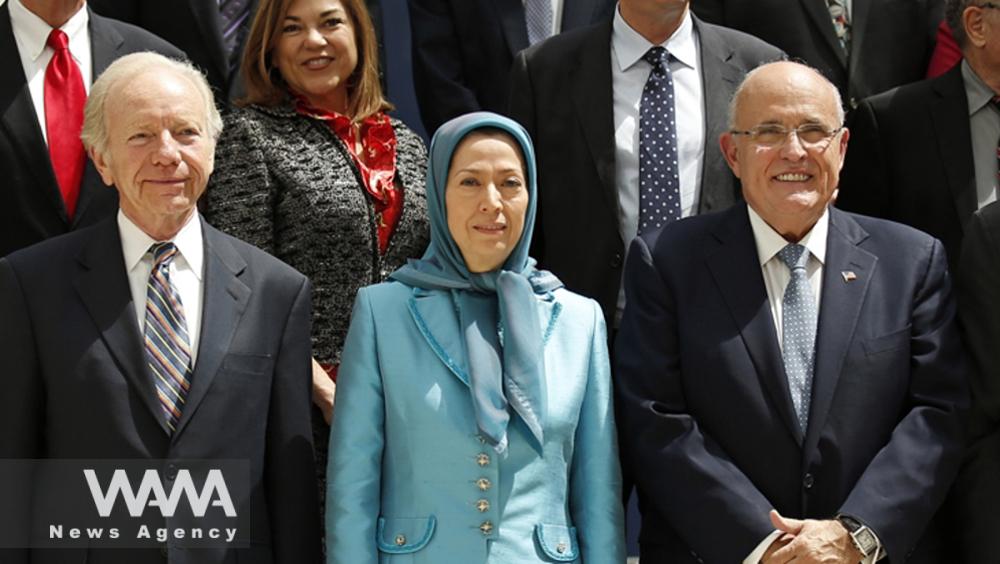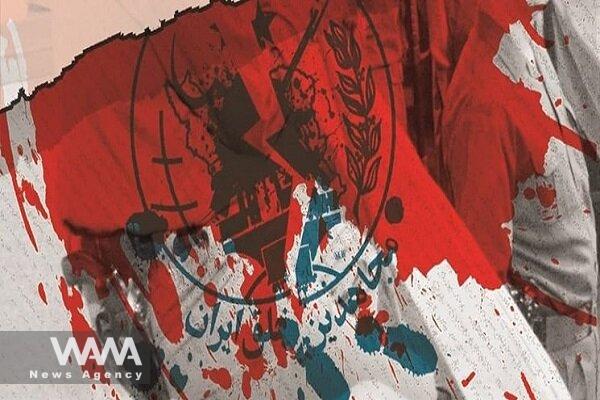Iran’s Opposition: From Efforts for Unity to Internal Collapse
WANA (Sep 16) – Did you know that over 90% of political movements that act as opposition to established governments gradually disintegrate due to internal conflicts and ideological differences? The Iranian opposition camp is no exception to this rule. Groups that once united with the hope of overthrowing the government have now disintegrated to the point where even “BBC Persian,” a media outlet often seen as their voice, has been forced to analyze the reasons behind their failure and division.
Hussein Bastani, a regular analyst on BBC Persian, recently stated in a meeting that the opposition camp has taken a strange path. Instead of focusing on their main goal, the overthrow of the Islamic Republic of Iran, they have become more preoccupied with fighting each other. According to him, some opposition groups have concluded that “the threat from parts of their own ranks is greater than the threat from the Iranian government.” This mindset has caused internal conflicts to take priority over opposing the government.

This file photo shows Maryam Rajavi, the ringleader of the terrorist Mujahedin-e Khalq Organization (MKO) (C), former US President Donald Trump’s personal lawyer Rudy Giuliani (R) and former US senator Joseph Lieberman / Social media / WANA News Agency
Internal Conflicts: A Factor in the Opposition’s Collapse
The “Solidarity Charter,” which was supposed to serve as a tool for creating unity among various opposition groups, has deepened their divisions instead of fostering more solidarity. Different groups with diverse political and ideological views—from separatists to monarchists and political organizations with a terrorist background—now have a greater awareness of the threats posed by one another.
At the same time, this coalition has not led them to develop a unified strategy. Instead, it has created more suspicion and increased internal conflicts. These divisions have caused each group to focus more on undermining their internal rivals rather than on practical and sustainable solutions, sending a clear message: An opposition that cannot manage itself, how can it lead a country?

Package of Iranian opposition groups full of political schlock
WANA (Feb 2023) – Recently a news topic was broadcast which was first seemed as a following to the illusions made by The People’s Mojahedin Organization of Iran (MEK or MKO), an opposition group which resides outside Iran; as if the notorious current leader of the sect Maryam Rajavi had become delusional again and declared […]
Why Can’t the Opposition Become an Effective Leadership Force?
One of the key reasons the opposition has failed to act as an effective political force is the lack of united and cohesive leadership. Instead of solidarity, each group seeks to prove its own superiority, which has allowed ideological conflicts and power struggles to overshadow their political unity. As a result, these groups have failed to gain the public trust needed to create widespread change.
Moreover, the widespread presence of separatist groups and terrorist factions within the opposition has not only damaged their public image among the Iranian people, but also created serious challenges for internal cohesion. These groups have been branded in the minds of the Iranian people as traitors and enemies of their country, ultimately diminishing their credibility in public opinion.

The fate of Iran’s opposition cannot be explained solely by their political strategies and conflicting ideologies. More than anything, this movement has become a victim of its inability to create a common and lasting identity. Internal divisions and contradictions have not only driven this camp toward dissolution, but also symbolically illustrate the decline of any movement that is founded on deep conflicts and lacks unified leadership.
Iran’s political history views the opposition not as a potential force for change, but as an example of endless divisions and failed strategies. It seems that the opposition, trapped in this vicious circle, no longer has the strength to break free. Rather than achieving solidarity, they have been led down a path that ends in the dustbin of history.













